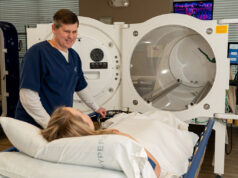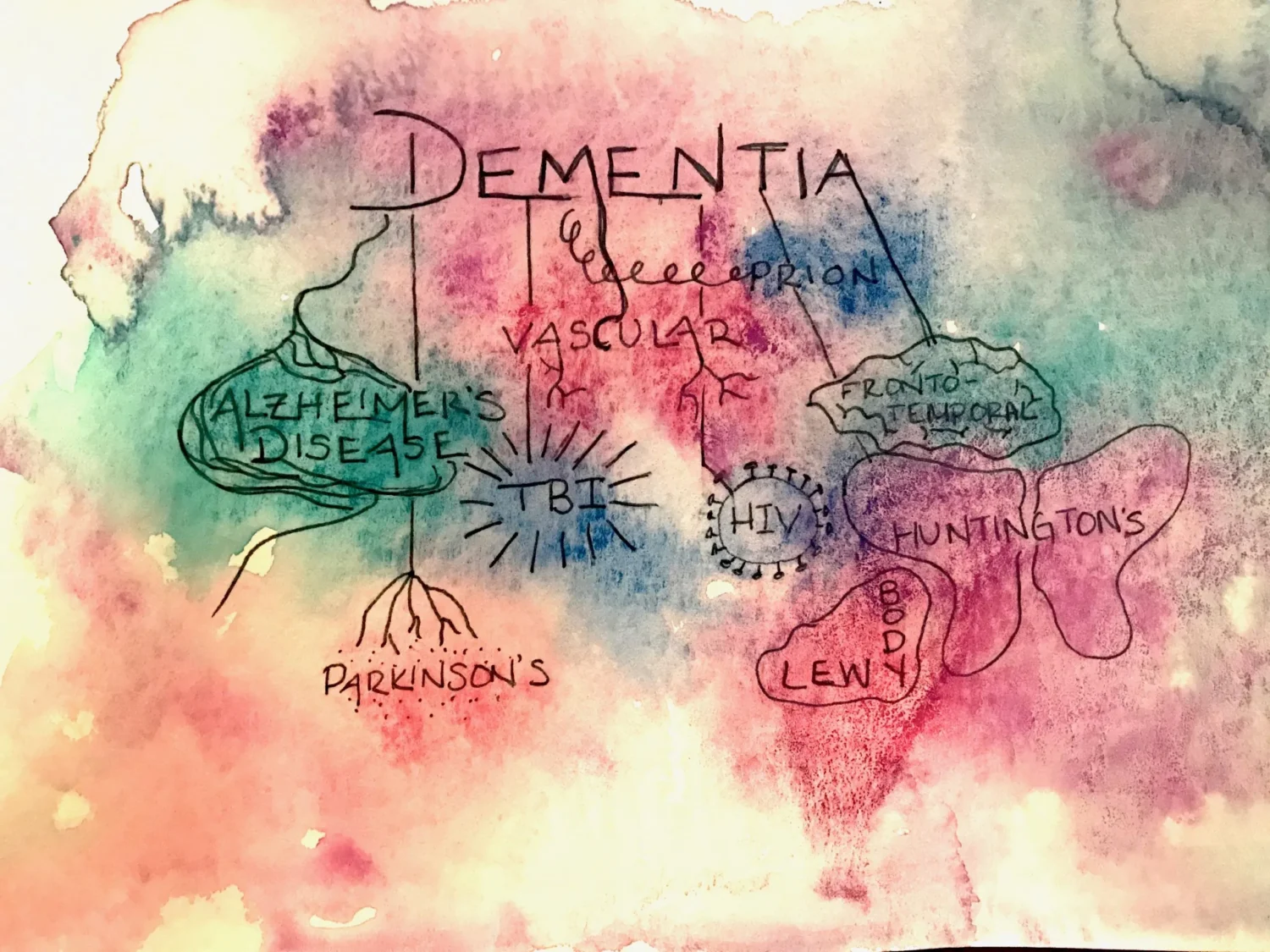
Dementia is a significant and broad symptom of many conditions that are typically incurable or irreversible. If you or a loved one is showing signs of dementia, this article will discuss some of the most likely reasons why it could be appearing so that you can talk to a medical professional and receive an official diagnosis.
1. Alzheimer’s Disease
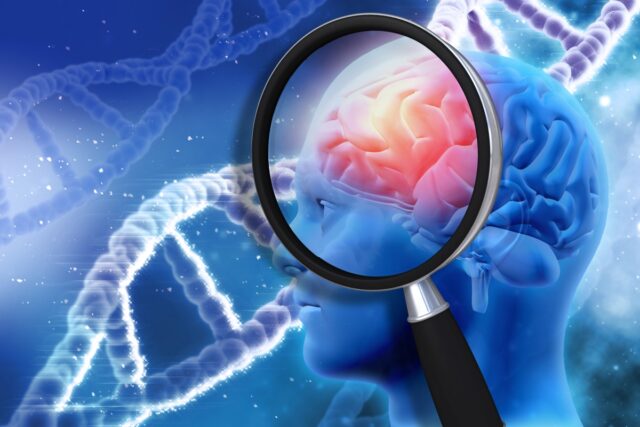
In the vast majority of individuals showing cognitive impairment associated with dementia, Alzheimer’s disease is usually the culprit, especially in older individuals. Many well-known people have been diagnosed with this condition, including the former president of the United States, Ronald Reagan.
Alzheimer’s is a neurodegenerative disorder, meaning that it degrades the cells in the brain’s nervous system, and as a result, this affects a person’s ability to function normally. In the case of Alzheimer’s disease, this usually means memory and problem-solving skills.
Some of the most frequent signs of this are being forgetful of things, such as the time, the date of events, and names of people, locations, and objects. Therefore, people with Alzheimer’s may be prone to repeating questions and having trouble concentrating and completing various tasks.
2. Parkinson’s Disease

Another neurodegenerative disorder that is often linked to dementia is Parkinson’s disease, a condition that also has a tendency to affect older people around 60 years old, but it is known to appear in people much younger than this. For instance, famous actor Michael J. Fox started showing signs of Parkinson’s in his thirties.
While the hallmark symptoms of Parkinson’s disease are related to issues with movement and coordination, which happens because the nerve cells that are connected to the production of dopamine become destroyed, it can also cause dementia.
Dopamine is a neurotransmitter that is typically associated with mood and pleasure, but its primary purpose is to deliver messages between nerve cells; however, many people aren’t aware of the other issues that can appear from low levels of dopamine, and this includes decreased cognition.
3. Lewy Body Dementia
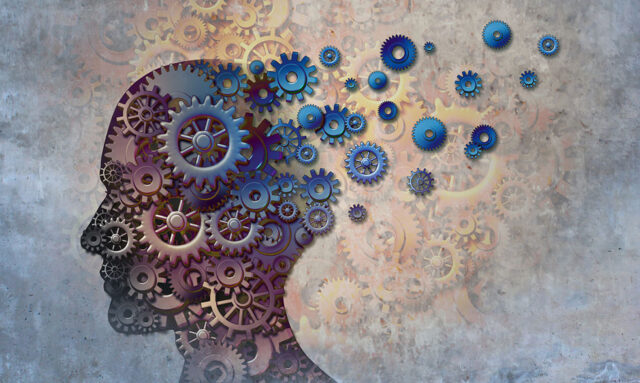
When a certain type of protein called alpha-synuclein starts to build up in the brain, it becomes known as a Lewy body, which is an abnormal growth that leads to the death of nerve cells.
Many of these cells are the same as those affected by Parkinson’s disease, so there can be some symptomatic overlap in regards to mobility, and of course, dementia. Therefore, they are closely related but are different diagnoses nonetheless.
One of the main distinctions between them has to do with the order of how the symptoms appear – in Parkinson’s disease, people will demonstrate the coordination and movement issues first, sometimes many years before showing cognitive impairment, whereas, with Lewy body dementia, it will appear first or simultaneously as the typical Parkinson symptoms.
4. Vascular Dementia

Unlike the previous two diseases, vascular dementia isn’t a neurodegenerative disorder leading to cell death; instead, it’s a state of mind that’s due to the brain not getting enough blood flow, hence the term “vascular.”
Vascular dementia can occur due to a specific event, such as a stroke or a series of them, or it can be caused by chronic issues like atherosclerosis, which is the hardening of plaque on the walls of one’s arteries, and this can happen from diabetes, high cholesterol, and other cardiovascular ailments.
Because of this, many cases of vascular dementia can be prevented through a healthy diet and lifestyle, and this is another aspect that differentiates it from Alzheimer’s and Parkinson’s disease, which may have a genetic component to it.
5. Head Trauma

People who have experienced a traumatic brain injury also increase their chances of developing dementia later on in life. Additionally, like vascular dementia, it is also preventable.
Of course, situations that can cause such injuries aren’t always predictable – you’ll never know if you’ll be in an auto accident, for example. However, certain instances can be avoided – dementia caused by head trauma is frequently associated with aggressive sports and involve close contact like football, rugby, soccer hockey, and various combat sports where people can be prone to repeated concussions.
Historically, the cognitive decline from brain injuries was once known as dementia pugilistica because it was identified in boxers more than a century ago. Nowadays, it is called chronic traumatic encephalopathy (CTE), and the symptoms can appear many years after an athlete retires.
6. Frontotemporal Dementia
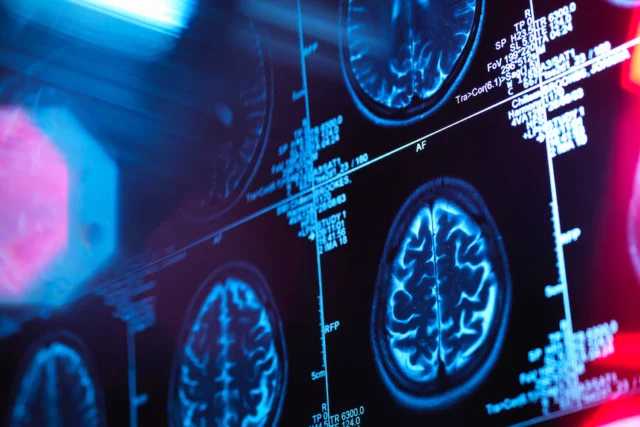
Lastly, a common form of dementia, but less so than the others, occurs when the cells in the frontal or temporal lobes in the brain are killed off, and over time, these areas can become miniaturized.
Unlike some of the other causes of dementia mentioned here, memory usually isn’t something that’s affected; instead, people with frontotemporal dementia run into issues either with their behavioral or personality traits or with their language and communication skills.
People who have damage to their frontal lobes will experience the former, and those with decay in their temporal lobes will have the latter because these respective areas are responsible for these abilities.
Additional Resources For Dementia

Since there are many reasons why dementia can occur, it’s crucial to receive a formal diagnosis from a doctor; however, this doesn’t mean you still can’t learn more about it in the meantime.
If you want to read more informative articles about dementia, such as this one, you can do so entirely for free by visiting BetterHelp. Here, you can learn more about topics such as statistics, treatment, and what you can do to find or provide support.
In addition to educating yourself further on all matters regarding dementia, you can also learn how you can talk to a mental health professional who can show you and your loved ones how to cope with the stress that can come from caring for this debilitating medical issue.
Conclusion
Although dementia is incurable and progresses over time, it’s still important to know exactly what is causing the symptoms. Although some treatment strategies will be similar across all disorders, medications can vary, but nonetheless, potentially slow down the gradual decline. That begins with a diagnosis, but hopefully, the information here has helped answer questions and will compel you to get one. Doing so can get you the assistance you need sooner rather than later.



